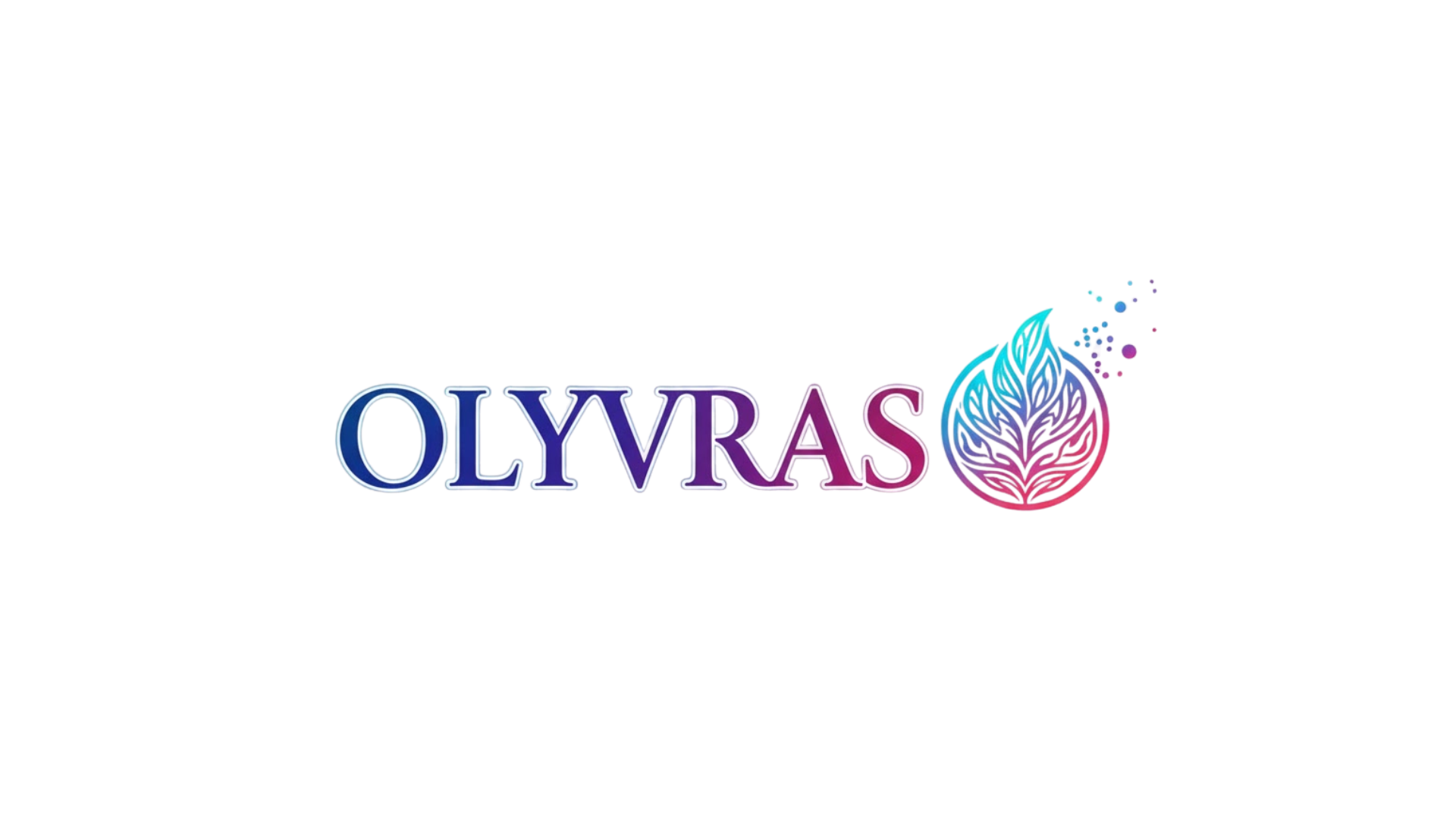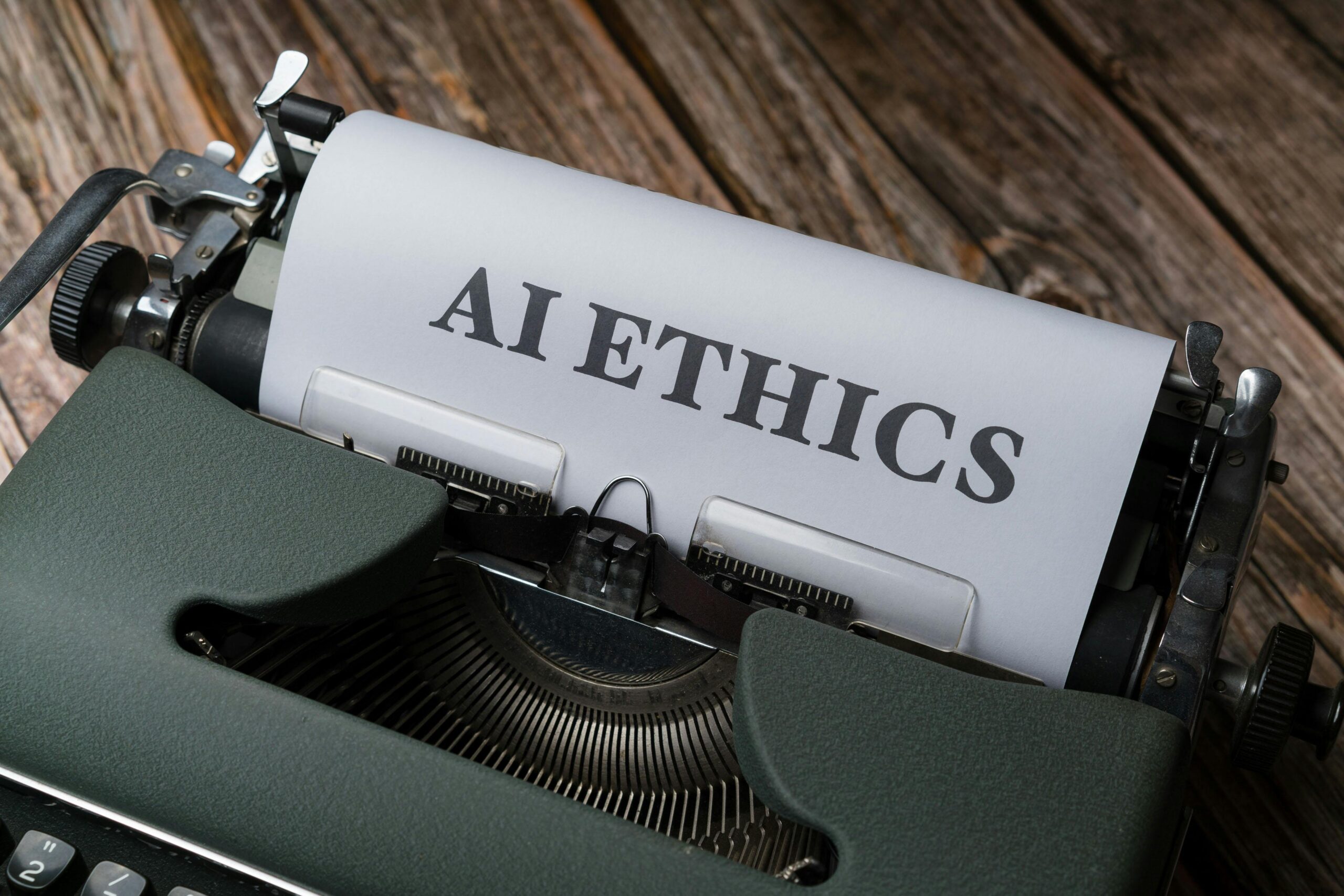In today’s interconnected global marketplace, ethical excellence in trade agreements has become more than just a compliance requirement—it’s a competitive advantage and moral imperative.
🌍 The Foundation of Ethical Trade Practices
International trade agreements govern billions of dollars in transactions annually, affecting economies, communities, and individual livelihoods worldwide. These complex arrangements demand not only legal compliance but also a steadfast commitment to ethical principles that transcend borders and cultural differences. Organizations that prioritize integrity in their trade relationships build lasting partnerships, enhance their reputation, and contribute to sustainable global commerce.
The landscape of international trade has evolved dramatically over the past decade. With increased scrutiny from regulatory bodies, heightened consumer awareness, and the rise of social media transparency, companies can no longer afford to view compliance as merely a checkbox exercise. Ethical excellence requires a comprehensive approach that integrates values into every aspect of trade operations, from initial negotiations to final delivery.
Understanding the Pillars of Ethical Trade Compliance
Ethical trade compliance rests on several fundamental pillars that organizations must understand and implement systematically. These pillars form the backbone of responsible international commerce and serve as guideposts for decision-making at every level of the organization.
Transparency and Disclosure Requirements
Transparency stands as the cornerstone of ethical trade practices. Organizations must maintain clear, accurate records of all transactions and be prepared to disclose relevant information to appropriate parties. This includes documenting the origin of goods, understanding supply chain processes, and maintaining detailed records of all financial transactions related to trade agreements.
Modern trade agreements increasingly demand comprehensive disclosure of environmental impacts, labor practices, and sourcing methods. Companies that embrace this transparency proactively, rather than viewing it as a burden, often discover opportunities for improvement and innovation within their operations.
Fair Labor Standards and Human Rights
One of the most critical ethical considerations in trade agreements involves ensuring that all parties adhere to acceptable labor standards and respect fundamental human rights. This means conducting thorough due diligence on suppliers, partners, and contractors to verify that workers receive fair wages, work in safe conditions, and are not subjected to exploitation or abuse.
Organizations must implement robust monitoring systems that extend beyond their immediate operations to encompass the entire supply chain. This includes regular audits, surprise inspections, and establishing channels for workers to report concerns without fear of retaliation.
🛡️ Building a Compliance Framework That Works
Creating an effective compliance framework requires more than simply adopting policies and procedures. It demands a cultural shift within the organization that places ethical considerations at the forefront of all trade-related decisions.
Risk Assessment and Management
Every trade relationship carries inherent risks that must be identified, assessed, and managed appropriately. A comprehensive risk assessment process should evaluate potential ethical violations, compliance gaps, and reputational hazards before entering into new trade agreements.
This assessment should consider multiple dimensions:
- Geographic risk factors including political stability, corruption levels, and regulatory environments
- Partner reputation and historical compliance records
- Industry-specific challenges and common ethical pitfalls
- Supply chain complexity and visibility limitations
- Currency and financial transaction transparency
Training and Capacity Building
Even the most sophisticated compliance framework will fail without proper training and capacity building among employees and partners. Organizations must invest in comprehensive training programs that educate stakeholders about ethical requirements, help them recognize potential violations, and empower them to make sound decisions when faced with ethical dilemmas.
Training should be ongoing rather than one-time, adapting to evolving regulations and emerging best practices. It should also be tailored to different roles within the organization, ensuring that everyone from executives to frontline workers understands their responsibilities in maintaining ethical excellence.
Navigating Complex Regulatory Environments
The regulatory landscape governing international trade continues to grow more complex, with overlapping jurisdictions, varying standards, and frequent updates. Organizations must develop strategies for staying current with these requirements while maintaining operational efficiency.
Multi-Jurisdictional Compliance Challenges
When trade agreements span multiple countries, companies must navigate a patchwork of regulations that may sometimes conflict or create ambiguity. Understanding the nuances of each jurisdiction’s requirements demands expertise, resources, and careful planning.
Successful organizations often establish dedicated compliance teams with regional specialists who understand local regulations and cultural contexts. These teams serve as resources for operational staff and help interpret how global ethical standards apply in specific local situations.
Staying Ahead of Regulatory Changes
Trade regulations evolve constantly in response to political shifts, economic conditions, and emerging ethical concerns. Organizations must implement systems for monitoring regulatory developments and adapting their practices accordingly.
This includes subscribing to regulatory updates, participating in industry associations, engaging with legal experts, and maintaining relationships with regulatory bodies. Proactive monitoring enables companies to anticipate changes and adjust their operations before compliance issues arise.
⚖️ Anti-Corruption and Bribery Prevention
Corruption remains one of the most significant ethical challenges in international trade. Organizations must maintain unwavering commitment to anti-corruption principles, even when operating in environments where corrupt practices may be commonplace.
Due Diligence on Business Partners
Before entering into trade agreements, companies must conduct thorough due diligence on potential partners, intermediaries, and agents. This investigation should examine their reputation, business practices, ownership structure, and any history of corruption or ethical violations.
Red flags that warrant additional scrutiny include unusual payment structures, requests for cash transactions, involvement of third parties without clear justification, and resistance to transparency measures. Organizations should be prepared to walk away from potentially lucrative opportunities if due diligence reveals unacceptable risks.
Gift and Hospitality Policies
Cultural differences complicate the management of gifts and hospitality in international trade contexts. What constitutes normal business courtesy in one culture may cross ethical lines in another. Organizations need clear policies that distinguish between acceptable relationship-building activities and potential bribery.
Effective policies establish monetary thresholds, require disclosure and approval processes, prohibit gifts to government officials beyond minimal courtesies, and emphasize the importance of transparency in all such interactions.
Technology’s Role in Ethical Trade Management
Modern technology offers powerful tools for enhancing ethical compliance in trade operations. Organizations that leverage these technologies gain visibility, efficiency, and control that would be impossible through manual processes alone.
Blockchain for Supply Chain Transparency
Blockchain technology provides unprecedented opportunities for tracking goods through complex supply chains, verifying authenticity, and ensuring accountability at every stage. By creating immutable records of transactions and movements, blockchain can help organizations demonstrate compliance and identify problems quickly.
Implementation of blockchain solutions requires careful planning and often collaboration with partners throughout the supply chain. However, the investment can yield significant returns in terms of reduced fraud, enhanced consumer confidence, and simplified compliance reporting.
Artificial Intelligence and Compliance Monitoring
Artificial intelligence and machine learning algorithms can analyze vast amounts of data to identify potential compliance issues, flag suspicious transactions, and predict risk areas before problems occur. These systems can monitor communications, financial transactions, and operational data continuously, providing alerts when patterns suggest potential ethical violations.
While AI offers tremendous potential, organizations must implement these tools thoughtfully, ensuring they complement rather than replace human judgment in ethical decision-making.
🤝 Building Ethical Partnerships
The strength of trade agreements ultimately depends on the quality of relationships between partners. Organizations committed to ethical excellence must choose partners who share their values and work collaboratively to maintain high standards throughout the relationship.
Contractual Protections and Ethical Clauses
Trade agreements should include explicit clauses addressing ethical requirements, compliance expectations, and consequences for violations. These provisions create clear expectations and provide mechanisms for addressing problems if they arise.
Effective ethical clauses typically include:
- Specific standards for labor practices, environmental protection, and anti-corruption measures
- Rights to audit and inspect partner operations
- Reporting requirements for potential violations
- Remediation processes for addressing compliance failures
- Termination provisions for serious ethical breaches
Collaborative Problem Solving
When ethical issues arise in trade relationships, organizations have choices about how to respond. While terminating relationships may sometimes be necessary, a collaborative approach focused on remediation and improvement often yields better long-term outcomes.
This approach requires open communication, willingness to invest in partner capacity building, and patience to allow for meaningful change. Organizations that work with partners to address ethical challenges often strengthen these relationships and create more resilient supply chains.
Measuring and Reporting Ethical Performance
What gets measured gets managed. Organizations serious about ethical excellence must establish metrics for evaluating their performance and communicating results transparently to stakeholders.
Key Performance Indicators for Ethical Trade
Effective measurement systems track both lagging indicators (outcomes) and leading indicators (behaviors and processes that drive outcomes). This balanced approach provides insight into current performance while enabling proactive management of emerging risks.
Relevant metrics might include audit scores, violation rates, employee training completion, supplier compliance certifications, customer satisfaction with ethical practices, and stakeholder feedback on sustainability initiatives.
Transparent Reporting and Stakeholder Communication
Modern stakeholders—including customers, investors, employees, and communities—expect detailed information about organizational ethics and compliance efforts. Regular reporting demonstrates accountability and builds trust with these important audiences.
Reports should present both successes and challenges honestly, describing not only achievements but also areas requiring improvement and plans for addressing gaps. This transparency enhances credibility far more than reports that present only positive information.
🔄 Continuous Improvement and Adaptation
Ethical excellence is not a destination but an ongoing journey. Organizations must embrace continuous improvement, learning from experiences, staying current with evolving standards, and adapting practices as circumstances change.
Learning from Incidents and Near Misses
When ethical issues occur—or nearly occur—organizations have valuable opportunities to learn and improve. Rather than simply punishing individuals or hiding problems, effective organizations conduct thorough investigations, identify root causes, and implement systemic improvements to prevent recurrence.
This learning orientation creates organizational resilience and demonstrates commitment to genuine ethical excellence rather than mere compliance with minimum standards.
Engaging with Industry Peers and Standards Bodies
No organization operates in isolation. Participation in industry associations, standards-setting bodies, and collaborative initiatives enables organizations to share best practices, influence emerging standards, and work collectively to address systemic challenges.
These collaborations can be particularly valuable in addressing issues that no single organization can solve alone, such as improving working conditions in shared supply chains or combating corruption in challenging markets.
The Business Case for Ethical Excellence
While ethical trade practices are morally right, they also make sound business sense. Organizations that prioritize integrity and compliance in their trade agreements gain multiple competitive advantages that drive long-term success.
Companies with strong ethical reputations attract and retain top talent, as employees increasingly seek employers whose values align with their own. They enjoy stronger relationships with customers who value responsible business practices and are willing to pay premiums for ethically sourced products. They face lower regulatory risks and avoid the enormous costs associated with compliance violations, including fines, legal fees, and reputational damage.
Perhaps most importantly, ethical organizations build resilient businesses that can weather challenges and adapt to changing circumstances. The trust they cultivate with partners, regulators, and stakeholders creates a foundation for sustainable growth and long-term prosperity.
💡 Practical Steps for Implementation
Organizations seeking to enhance their ethical trade practices can begin with several practical steps that build momentum toward comprehensive excellence.
Start by conducting an honest assessment of current practices, identifying gaps between existing operations and best practices. This assessment should involve diverse perspectives from throughout the organization and potentially include external auditors who bring objectivity and expertise.
Develop a clear action plan with specific goals, timelines, and accountability measures. Prioritize high-risk areas and quick wins that demonstrate commitment while building toward more comprehensive improvements.
Engage leadership visibly in the initiative, ensuring that commitment to ethical excellence comes from the top and permeates throughout the organization. Leaders should model ethical behavior, communicate expectations clearly, and celebrate examples of employees making principled decisions.
Invest in systems and technology that enable compliance and provide visibility into operations. While people remain central to ethical decision-making, appropriate tools enhance their capabilities and reduce the risk of oversights.
Finally, commit to transparency about both progress and challenges. Regular communication with stakeholders builds accountability and demonstrates genuine dedication to ethical excellence rather than merely managing appearances.

Forging a Path Toward Sustainable Trade
The journey toward ethical excellence in trade agreements requires sustained commitment, continuous learning, and unwavering dedication to doing what’s right even when it’s difficult. Organizations that embrace this challenge not only fulfill their moral obligations but also position themselves for long-term success in an increasingly transparent and values-driven global marketplace.
As trade continues to evolve with technological advancement and shifting geopolitical landscapes, the principles of integrity, transparency, and compliance will remain constant guideposts. Companies that internalize these values, build robust systems to support them, and demonstrate genuine commitment through their actions will thrive as leaders in global commerce.
The future belongs to organizations that recognize ethical excellence not as a constraint but as an opportunity—a chance to differentiate themselves, build trust with stakeholders, and contribute to a more just and sustainable global economy. By navigating trade agreements with integrity and compliance, businesses can achieve both commercial success and positive social impact, creating value that extends far beyond financial returns.
Toni Santos is a global-policy researcher and ethical-innovation writer exploring how business, society and governance interconnect in the age of interdependence. Through his studies on corporate responsibility, fair trade economics and social impact strategies, Toni examines how equitable systems emerge from design, policy and shared vision. Passionate about systemic change, impact-driven leadership and transformative policy, Toni focuses on how global cooperation and meaningful economy can shift the scenario of globalization toward fairness and purpose. His work highlights the intersection of economics, ethics and innovation — guiding readers toward building structures that serve people and planet. Blending policy design, social strategy and ethical economy, Toni writes about the architecture of global systems — helping readers understand how responsibility, trade and impact intertwine in the world they inhabit. His work is a tribute to: The global commitment to equity, justice and shared prosperity The architecture of policy, business and social impact in a connected world The vision of globalization as cooperative, human-centred and regenerative Whether you are a strategist, policymaker or global thinker, Toni Santos invites you to explore ethical globalization — one policy, one model, one impact at a time.




